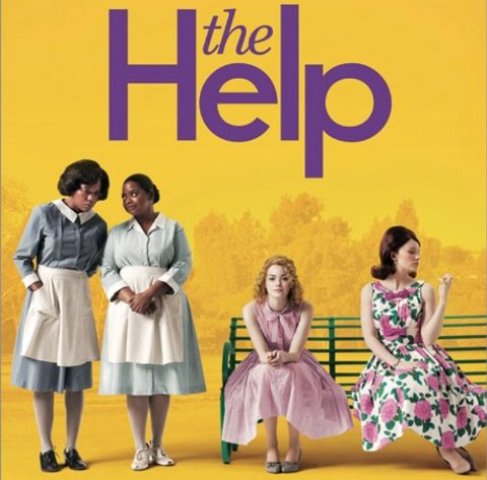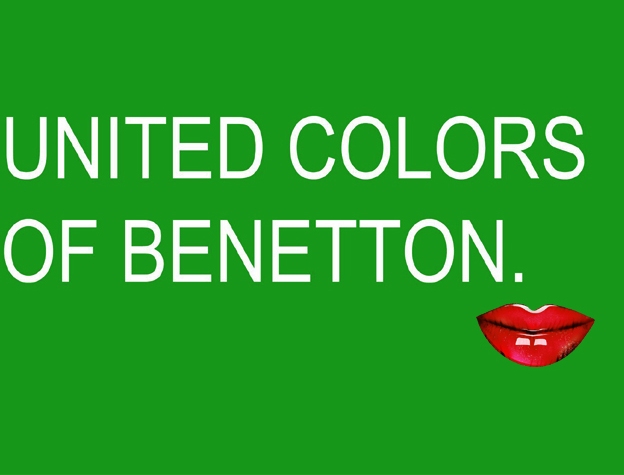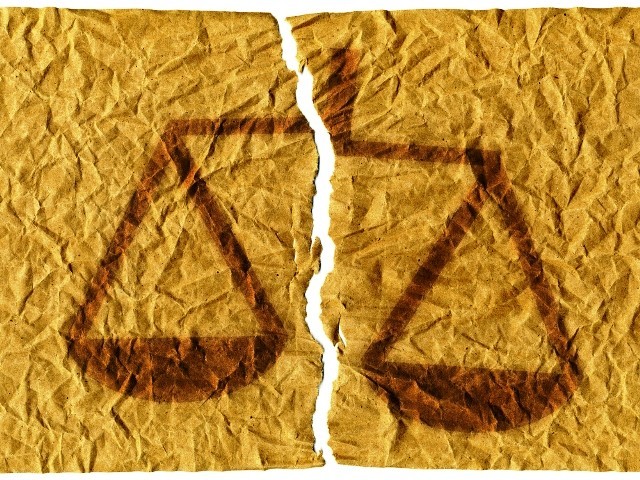
Household help and hypocrisy
The Help reminded me of the huge gap between the rich and the poor in Pakistan and how comfortable we are with it
It’s safe to say that most of us are guilty of taking for granted our privileges. I was reminded of this unspoken understanding that has been neatly folded into what we call our social structure when I recently watched The Help, a movie based on a novel of the same name by Kathryn Stockett.
[[http://www.youtube.com/watch?v=WbuKgzgeUIU]]
Set in 1962 in America, as the civil-rights movement is boiling over, the film follows a privileged white woman, Skeeter, who interviews African-American maids seen as the lowly help, who are not even allowed to use the toilet in the houses where they work.
The film documents the maids’ perspective on being looked down upon by their ‘masters’ whom they had once raised, and on being subjected to discrimination, or rather the norm as it was perceived at the time.
While The Help essentially underlines the issues of racial injustice, what I picked up on was the American household structure of the early ‘60s which is much like that of present-day Pakistan.
Most of us will celebrate Skeeter’s triumph in defying the social set in challenging times and standing up to the condescending attitude of her racist friends. But by doing so we are, without a doubt, being hypocritical – in some cases, without realising it.
Most of us have had ‘help’ at some point of in lives, and some of us still do. Our maids have a separate bathroom, separate dining, and address us with greater respect than we probably deserve. To say that this social gap is an occupational construct, bound by heritage, doesn’t justify it, it only explains it.
It’s easy to pin the issue on the economic structure of our society and it’s a shame that this social stratification exists so starkly in Pakistan.
But what is more shameful is that we are blissfully comfortable in the unfairness of it all.




COMMENTS (4)
Comments are moderated and generally will be posted if they are on-topic and not abusive.
For more information, please see our Comments FAQ